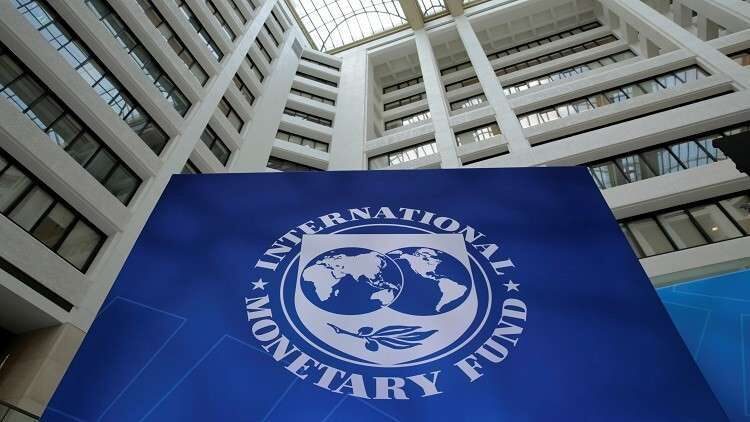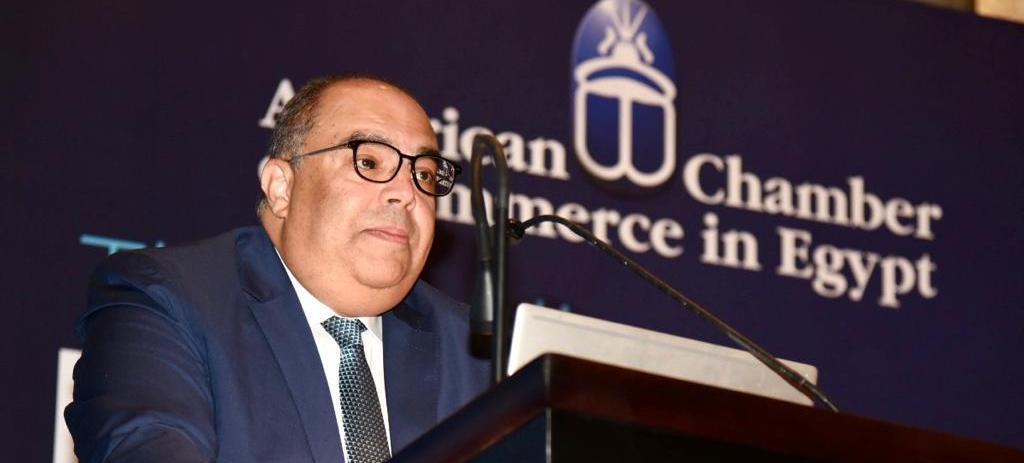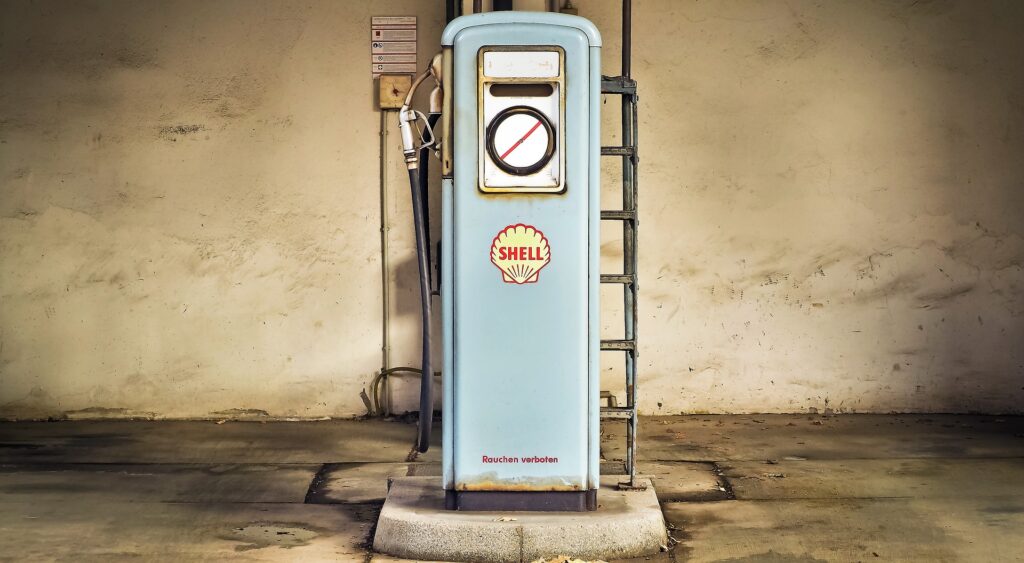For Egypt, foreign currency inflows are critical to stabilizing the government’s finances as the country faces rising inflation and the pound’s devaluation to unprecedented levels against the dollar. In February, President Abdel Fattah El-Sisi said plugging the country’s foreign currency deficit would require FDI worth “no less than” $100 billion over the next five to seven years.
To open the FDI “floodgates,” the government announced on Feb. 8 it would list up to a 25% stake in 30 state-owned and two military-owned enterprises on the stock exchange (EGX). They operate in 18 sectors, including banking, energy, insurance and petrochemicals. Those listings should end by the first quarter of 2024. On Feb. 12, Prime Minister Mostafa Madbouly added seven hotels owned by the state’s Holding Company for Tourism and Hotels. The target is to list between 20% and 30% of each on the EGX. CNN Arabia estimated those listings could raise $40 billion in four years.
Rania Yacoub, a member of the EGX board, told CNN Arabia that Gulf-based sovereign wealth funds and investors have always preferred government-owned companies that go public. She noted GCC-based interests accounted for most investments in government-owned companies listed on the EGX in 2021 and 2022.
Prominent examples include Abu Dhabi Developmental Holding Co. investing nearly $1.8 billion in April 2022 to buy shares in five listed government-owned firms. In August, Saudi Public Investment Fund acquired stocks in four listed government-owned companies worth $1.3 billion. Meanwhile, Qatari and U.A.E. investors are competing to buy 20% to 40% of state-owned Telecom Egypt’s 43% stake in Vodafone Egypt.
The government hopes there will be a similarly healthy appetite for the companies it plans to list in the coming 12 months.
Those hopes hinge on GCC governments and companies continuing to invest outside their respective borders. An IMF report in November painted a cautiously optimistic economic picture for the Gulf. On the plus side, GCC countries are enjoying unprecedented profits from crude oil and natural gas. However, the document stressed they should increase spending to improve their own economic sustainability, as high hydrocarbon prices will not likely last very long.

Riding out the storms
One major factor shaping all nations’ economic outlooks and strategies is the U.S. Federal Reserve’s (Fed) monetary tightening policy since March 2022. Interest rates have gone from 0.25% to 4.75% in an attempt to curb inflation, which increased from the Fed’s 2% target in February 2021 to 6.4% at press time. That has forced central banks, particularly in emerging markets, to raise interest rates and devalue currencies against the dollar to prevent foreign currency outflows. The Dollar Index, which measures the greenback’s value against a basket of foreign currencies, has increased by 7.5% since March 2022.
GCC countries were largely unaffected, as their currencies and central bank interest rates mirror those in the United States. “Pegging exchange regimes remain appropriate for GCC economies despite global economic volatility and shocks,” said the IMF report. “It is a policy that has been serving GCC countries well by providing a credible monetary anchor.”
Additionally, the real effective exchange rates, which compare the bloc’s currencies to a basket of foreign currencies, “have held relatively steady, largely thanks to relatively lower inflation in the GCC countries.” Accordingly, the dollar’s appreciation has had a “limited impact … on competitiveness.” The IMF report added that GCC countries have “adequate buffers to maintain their pegs.”
The Russian-Ukraine war is another global event shaping government policies and economic prospects. Supply chain disruptions and rich-nation sanctions on energy-exporting Russia caused global prices of hydrocarbons (oil, natural gas) to soar to unprecedented highs from March to May 2022, according to Trading Economics, a data curation portal.
The GCC has benefited dramatically. The World Bank estimates hydrocarbons and related industries accounted for 92% of the bloc’s GDP in 2022. The World’s Top Exports portal said the GCC accounted for 31.5% of global oil exports in 2021.
That percentage could increase in the coming years. “Demand for non-Russian gas [and oil] is likely to expand the role of GCC producers in global energy flows,” said the IMF report. “Cumulative primary balances [in the GCC] are expected to average 25% of GDP during 2022-2026.” It predicts further fortification of the bloc’s foreign currency inflows as global oil demand is expected to jump this year.
The pick-up in hydrocarbon prices has somewhat improved prospects for debt sustainability, said the IMF. The debt-to-GDP ratio in the bloc was about 60% in 2021; the IMF expects that to drop to 46% in 2022 thanks to high oil revenue.
The Russia-Ukraine war has also disrupted food commodity supplies, raising prices worldwide. According to the Our World in Data portal, both nations together account for 64% of global sunflower exports, 23% of wheat, 19% of barley and 18% of maize (corn). Russia also is the biggest exporter of fertilizers: According to the World’s Top Exports portal, it accounted for 15.1% of global exports in 2021. “Soaring food and fertilizer prices, combined with supply bottlenecks, have posed threats to food security globally,” it said.
The bloc’s nations should be highly vulnerable, as the IMF report estimated GCC countries import about 85% of their food.
Nonetheless, GCC nations are not suffering from food security issues. The IMF report credits government policies, such as “financial exemptions and credits to farmers and agribusiness, and subsidies or regulated prices.” While some nations impose price controls, they also target consumer subsidies, subsidies for farmers and producers, and stockpiling. That has “helped preserve short-term food security and avoided some of the more extreme situations that other parts of the world face,” the IMF report said. GCC countries also have an inter-bloc “food supply network … and prudent policies of advance stocking,” particularly of wheat.”
They also invest in other countries’ agriculture and agribusiness sectors, creating a direct supply channel to the bloc. One of the biggest players is the Saudi Agricultural and Livestock Investment Co (SALIC), founded in 2008 as a subsidiary of the country’s sovereign wealth fund. SALIC has 10 subsidiaries investing in Australia, Asia and South America in 12 agricultural food commodities, poultry and meat. Per its website, the company’s mission is “to ensure long-term food security.”
GCC nations also are protected from food logistics disruptions because “Ukraine and Russia [are] not major trade partners,” the IMF report said. “[They] accounted for about 2% and 1.4%, respectively, of total GCC agricultural and food imports in 2020.” Moreover, the GCC has almost no FDI investments or banks in either country.
Global risks
Despite the current positive outlook, the IMF report expressed concern for the future. “There are notable risks and uncertainties around the outlook for GCC countries … in line with the global outlook.”
Their first concern is “another COVID-19 surge, domestically or abroad,” could significantly reduce oil prices due to declining demand from lockdowns. The other is “lower oil prices due to lower global activity if the war in Ukraine has lasting effects.” A combination of both would mean “tighter-than-expected global financial conditions, pressures to spend oil windfalls, deviation from fiscal prudence … and risks to the reform agenda due to inflationary pressures.”
The IMF report also noted that persistent logistics bottlenecks in 2023 will “constrain the imports of capital equipment and thus hamper the rolling out of diversification and investment strategies.”
The third set of risks relates to the inevitable transition to eco-friendly economies. “As the world moves to renewables in the longer term,” said the IMF, “the demand for fossil fuels will eventually decline, creating a challenge for GCC countries.” Until that transition happens, the GCC will face uncertain oil and gas revenue streams. “Imbalances between oil supply (currently constrained due to past underinvestment) and demand (which will decline more gradually) may lead to more volatility of oil prices.”
Non-oil GCC
Aligning with global efforts to decarbonize and move to renewable energy, all six Gulf nations are looking to diversify their economies. That requires significantly more investment and policy changes, as the GCC’s non-oil sectors have so far underperformed. The IMF report said: “Financial data on … GCC corporates … between 2007 and 2021 suggests that corporate performance — measured by revenue growth, profitability, leverage, liquidity and capital expenditure — has deteriorated.”
The return on equity of the “median firm in the GCC fell from 15.2% in 2007 to 4.1% in 2021,” the IMF said. “The double shock of COVID-19 and [falling] oil prices in 2020” caused those non-oil companies to increase their leverage beyond the bloc’s median of 40% of equity “due to the collapse in aggregate demand caused by COVID-19 and the easing of financial conditions.”
The IMF report warned that GCC non-oil corporates are increasingly vulnerable when dealing with “tighter financial conditions.” The bloc’s banks “could potentially [witness] a deterioration in … asset quality and … risks to financial stability.” The document explained that “with lower revenue, profitability and higher debt burdens, [investment] expenditure as a share of revenue has been declining in GCC countries.”
The severity of those risks will depend on oil. “A sharp decline in oil prices or a prolonged period of low growth [could create] pockets of corporate distress. Predominantly flexible interest rates on corporate loans tightening financial conditions will also exert some pressure.”
Fiscal reforms
The IMF report stresses its “estimates suggest that [GCC economies] could deteriorate over the medium term if fiscal reforms are delayed, particularly given the challenges of adjusting to a low-carbon economy.”
The first set of those reforms would likely see GCC governments invest more within their respective economies. “Higher hydrocarbon prices [would] provide momentum for enhancing fiscal buffers and pursuing fiscal structure,” said the report. That would prove prudent, as another pandemic would invariably see oil prices crash, similar to what happened in 2020 when prices tanked in response to lockdowns.
The other direction GCC nations can take is to invest in growing their eco-friendly energy economies via projects to mitigate adverse climate effects. That could mean that providing support to countries needing fiscal help, such as Egypt, could take a backseat. “Some GCC countries [have developed] medium-term fiscal frameworks that clearly incorporate multiyear revenue initiatives and spending priorities,” the IMF report said. “Qatar and Saudi Arabia [have introduced] performance-based budgeting.”
The document also noted GCC sovereign wealth funds and state-owned enterprises would likely look to improve their sovereign asset-to-liability frameworks to generate more revenue with less exposure to risk. That means GCC investments and projects probably would be under more scrutiny from legislators.
Making the shift to inward-looking policies and investment priorities is inevitable. “Overall, financial sectors appear sound and able to support the recovery and structural transformation,” said the IMF report. However, “legacy risks, current stress and emerging vulnerabilities need to be managed.” Eliminating those risks could take as long as five years. The IMF document stressed that “medium-term policy priorities [in the GCC] should focus on securing sustainable fiscal positions, macro-financial stability, and strong inclusive and green growth.”







